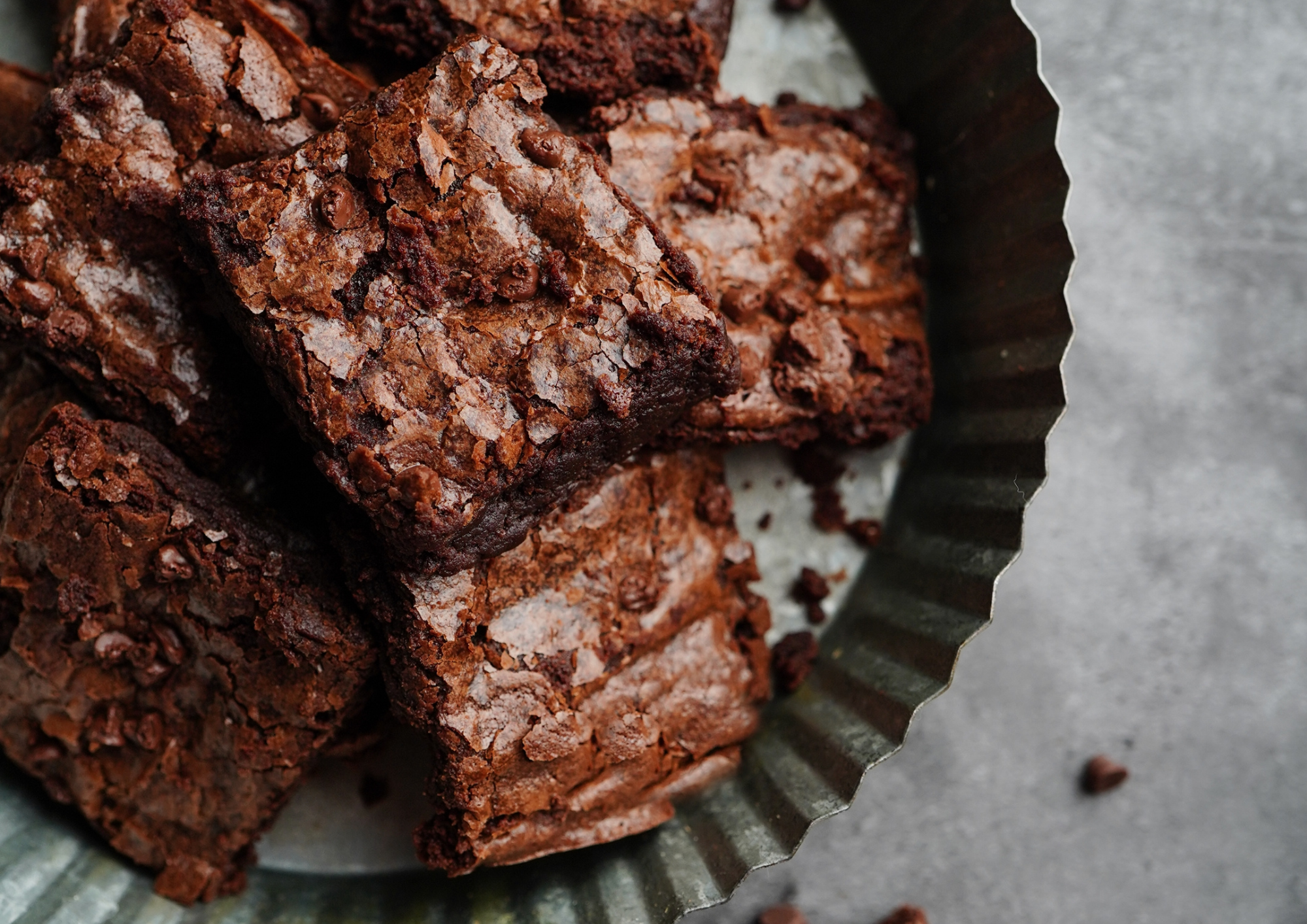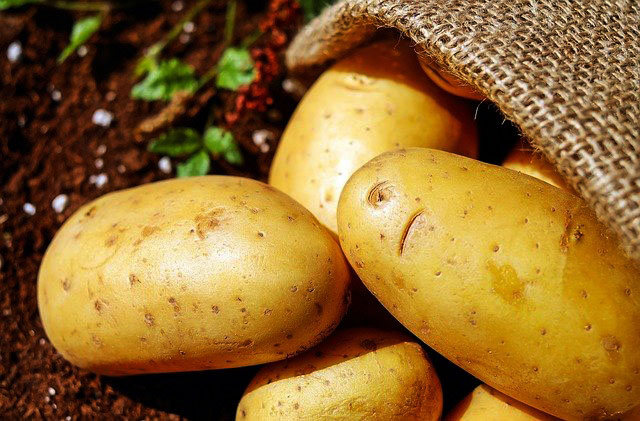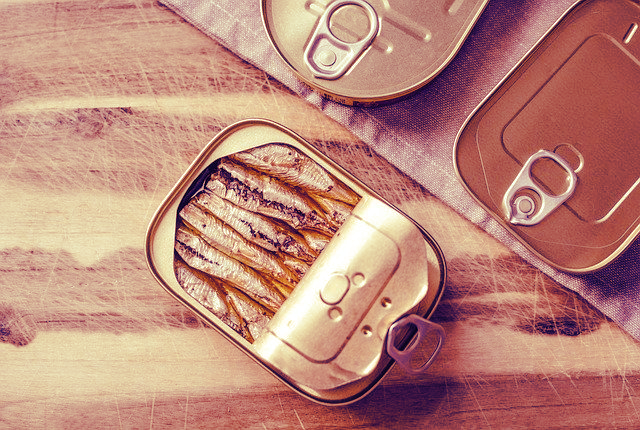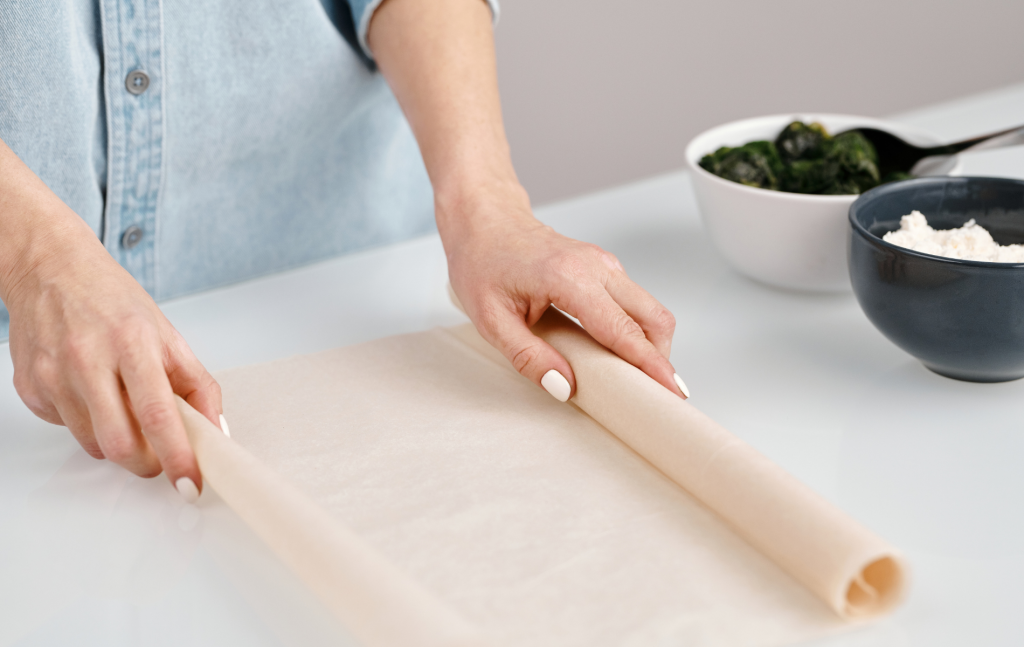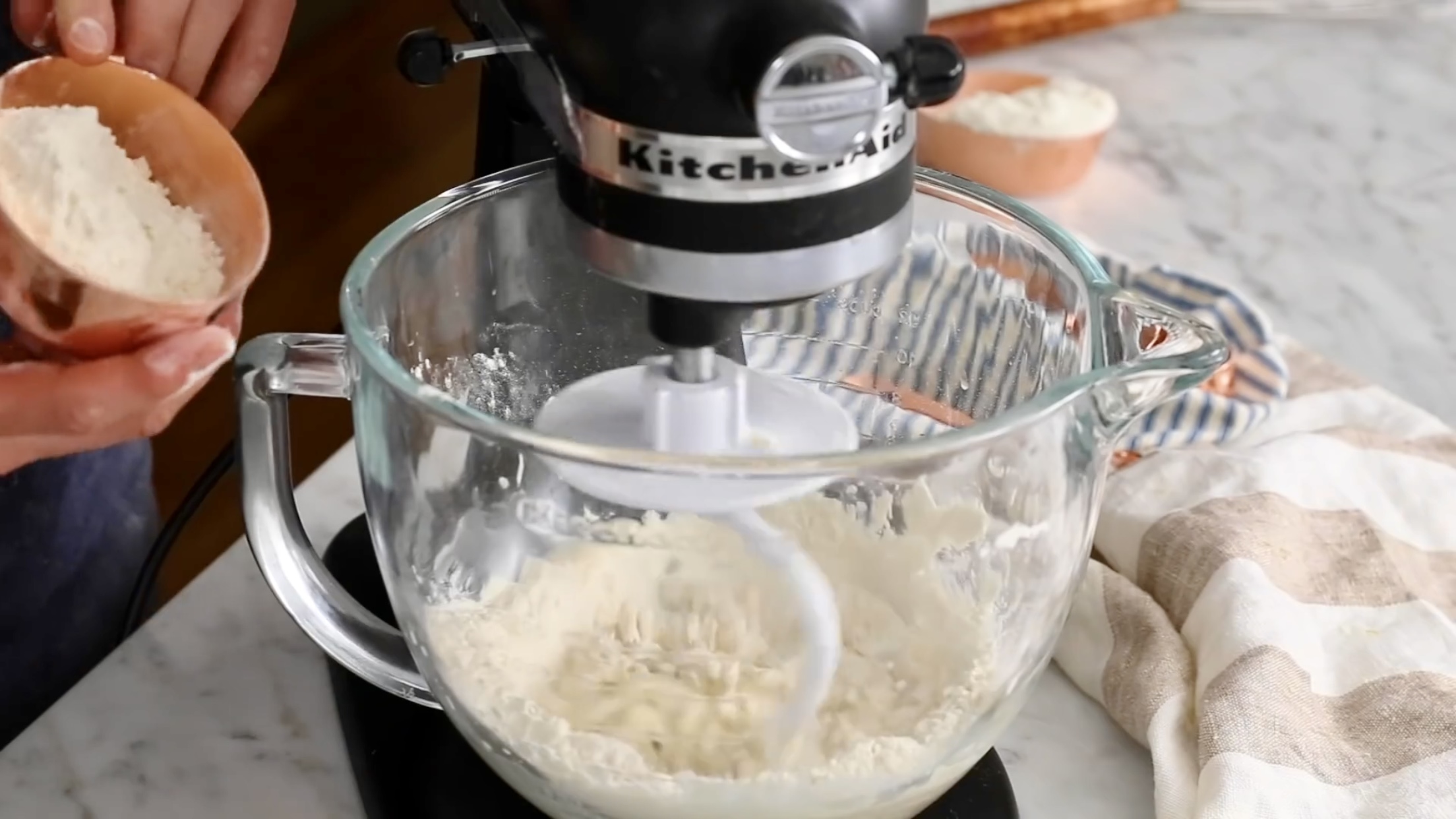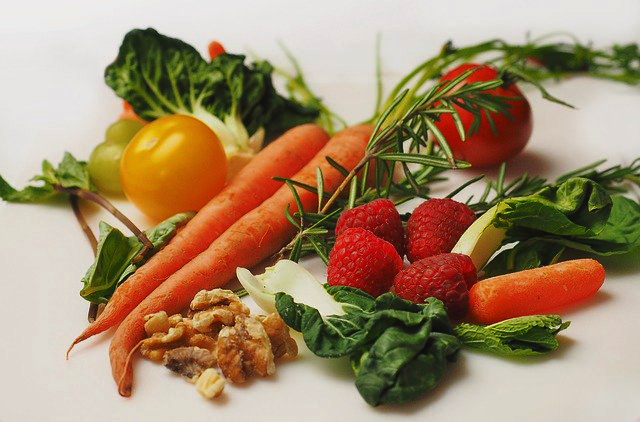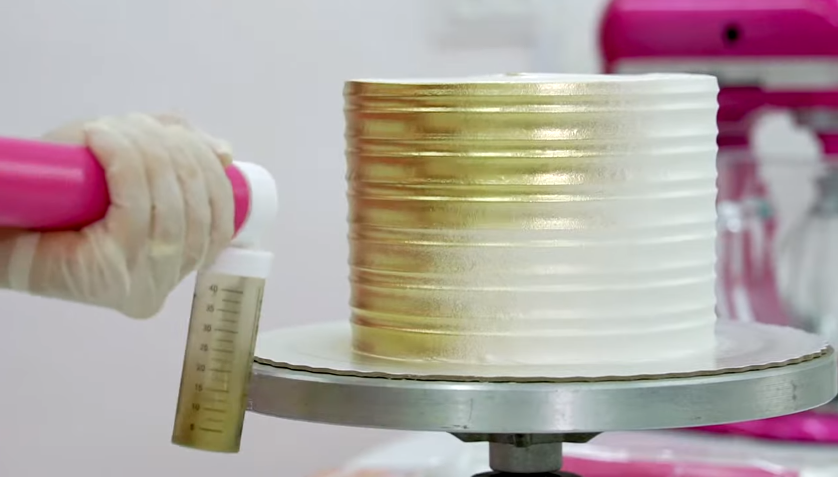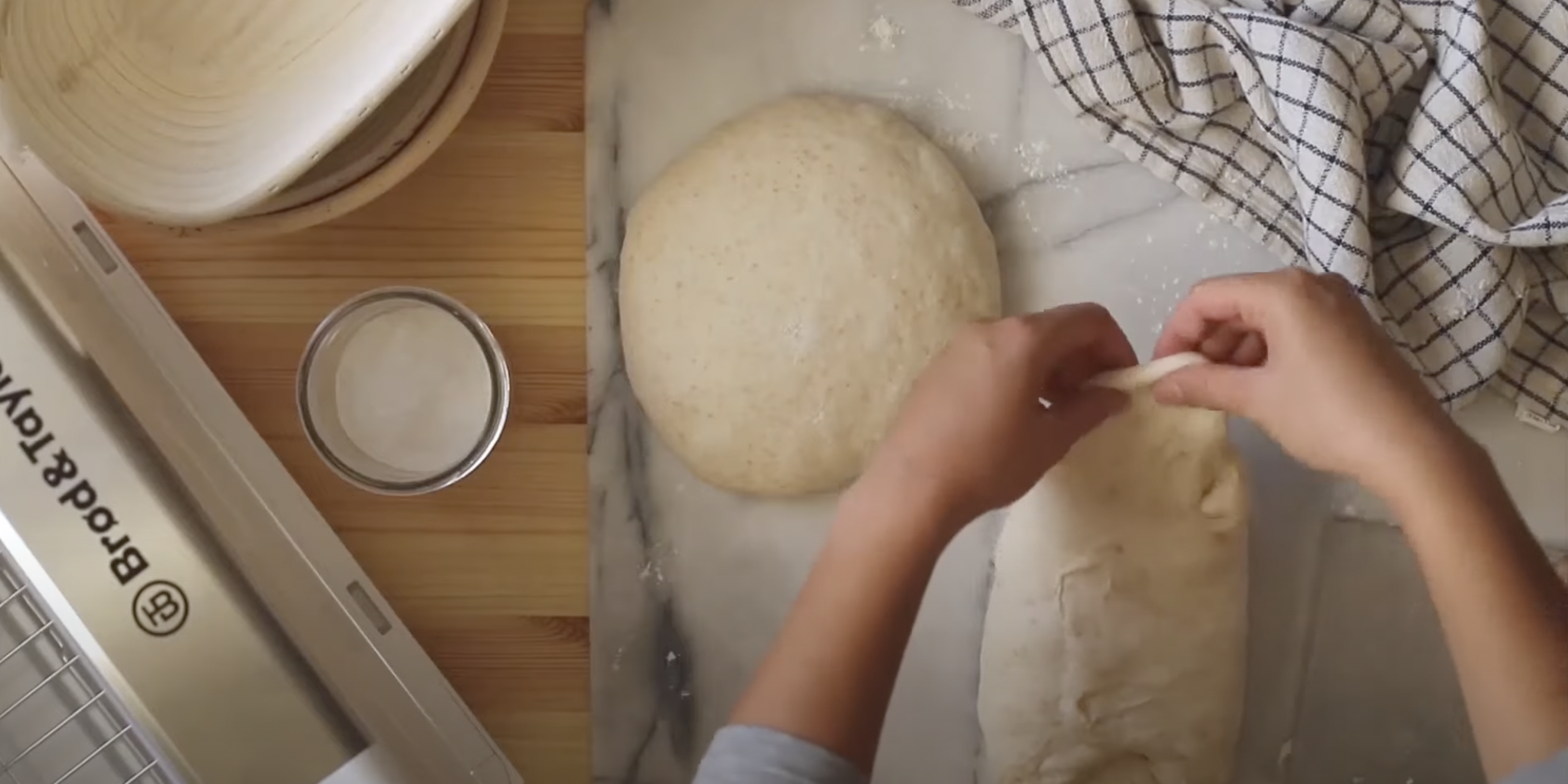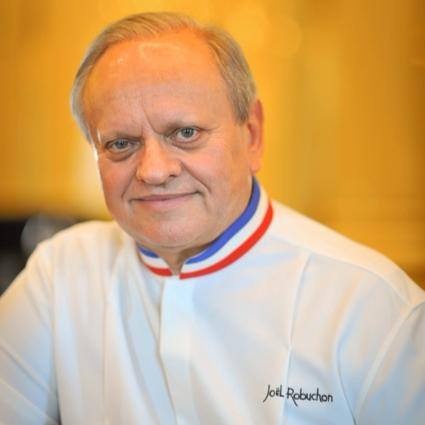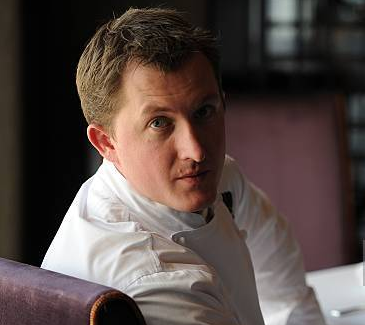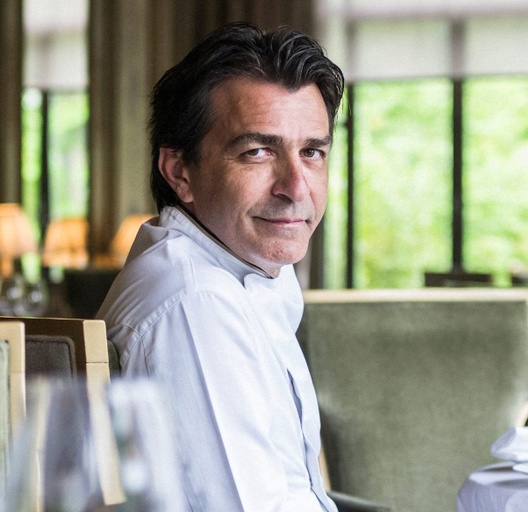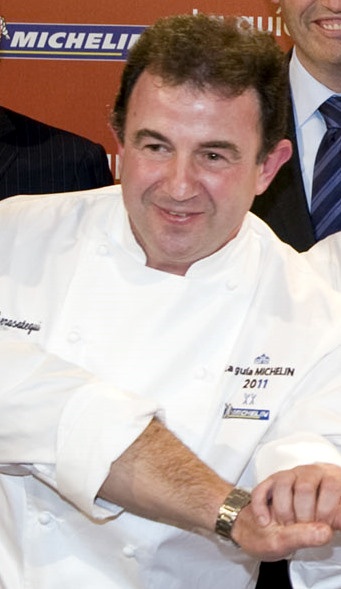About
Forged from high quality stainless steel, with same hardness of all Twin German steel knives.
All Miyabi knives undergo scalpel-like sharpening using the traditional "honbazuke" honing technique.
Unique asymetric blades designed for Japanese food preparation enhances the cutting angle and prevents food from sticking
Miyabi 500S knives can be sharpened with either a wet stone or sharpening steel
Miyabi knives are guaranteed against defects in materials or craftmanship
Deba: small protruding blade, used for cleaing, boning, filleting, and cutting Large fish
- Color: Metallic, black
- Model: 5000S
- Weight: 8 oz
- Made In: Japan
- Warranty: Lifetime against defects
- Dimensions: 12-1/4" (6-3/4" blade) x 2-1/8" x 7/8"
- Composition: stainless steel, synthetic resin handle
- Manufacturer: Zwilling J.A. Henckels Japan
- Other versions: Other Miyabi knives
Ambitions
| Apparent goal: | kids | gift/registry | home kitchens | restaurants | everywhere |
|---|---|---|---|---|---|
| Intended audience: | novice | advanced beginner | good home cook | gourmet | professional |
| Diet/nutrition: | does not apply | scary | empty promises | helpful | essential |
| Green?: | not especially | neutral | mixed blessing | earth friendly | green! |
| Innovative: | step back | standing still | progress | trendy | genius |
| Problem solving: | no better | baby steps | solid steps | giant steps | a revelation |
| Competition: | outclassed | follower | in the pack | strong challenger | likely champ |
Utility/Quality
| Ease of use: | impossible | frustrating | OK | simple | child's play |
|---|---|---|---|---|---|
| Intuitive: | Ph.D. required | barely | logical | effortless | brilliant |
| Instructions: | missing | incomprehensible | adequate | unnecessary | excellent |
| Quality: | cheesy | questionable | good | years of service | impressive |
| Parts to lose: | inevitable | some/many | one-piece | self-storing | not a problem |
| Power source: | none | hands | batteries | outlet | green |
| Clean-up: | nightmare | wipe clean | soap & water | scouring pad | dishwasher |
| Does it work?: | not at all | adequately | well | very well | perfectly |
| Availability: | airfare required | online | kitchen store | department store | supermarket |
Packaging
| Easy to open?: | impossible | maddening | tolerable | good | opens itself |
|---|---|---|---|---|---|
| Green?: | fills a landfill | huge waste | passable | minimal waste | impressive |
Economy
| Time saving: | time wasting | not really | modest | substantial | huge |
|---|---|---|---|---|---|
| Labor saving: | less efficient | marginal | a bit | noticeable | remarkable |
| Money saving: | money wasted | none | $ | $$ | $$$ |
| Beats the old way: | worse | no change | better | definitely | entirely new |
| Where will it live?: | garage/attic | drawer | cabinet | countertop | knife holder |
Summary
| Fulfills ambitions: | falls short | almost there | satisfies | exceeds | home run |
|---|---|---|---|---|---|
| How often used: | once/twice | ≥daily | ≥weekly | ≥monthly | ≥yearly/holidays |
| Worth the space?: | no | does not apply | w/unlimited space | w/limited space | absolutely |
| Need it?: | a luxury | discretionary | basic equipment | for serious cooks | get it |
| Value: | ouch! | a little pricey | worth splurging | on the money | a deal |
| Overall rating: | skip it | fair | good | very good | excellent |
Comments: Those great German knife makers are not going to let those great Japanese knife makers eat their lunch, no matter how popular Santoku knives become! So they started making their own and/or bought Japanese companies.
Zwilling J.A. Henckels makes its Miyabi line of knives in Japan, in cooperation with Iron Chef Rokusaburo Michiba, with Japanese materials, methods, and expertise, and they are as good as any knives on the market. These knives are made of a top-quality stainless steel, with a "higher cutting edge retention than most of [Henckels'] conventional products," which is saying something.
This Usuba knife is the traditional Japanese vegetable knife and is beveled on only one side of the blade. This asymmetrical construction makes it easier to cut fish and vegetables in clean and elaborate ways. The straight blade is used for the Katsura-muki technique that involves finely peeling vegetable skin for sashimi garnishes. Even hard vegetables like daikon radishes can be cut easily into thin sheets.
According to the company, you would not use this knife to cut hard substances, such as frozen foods or shellfish, nor would you use is for chopping or any application where you might scrape the blade on a cutting board. You want to retain it's razor-like cutting edge for as long as possible. Then you sharpen it on a stone (a "satisfying experience," says Henckels) or have it sharpened professionally.
The knife is also dishwasher-safe, but you would be foolish to put a knife of this quality in a dishwasher. Henckels says running water may be enough to clean it, with a little detergent, if necessary.
The price may be significantly discounted online – perhaps offline, too.
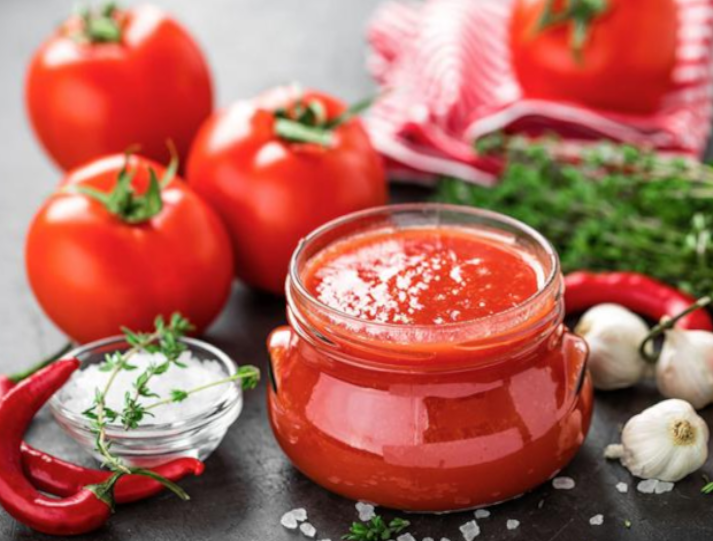
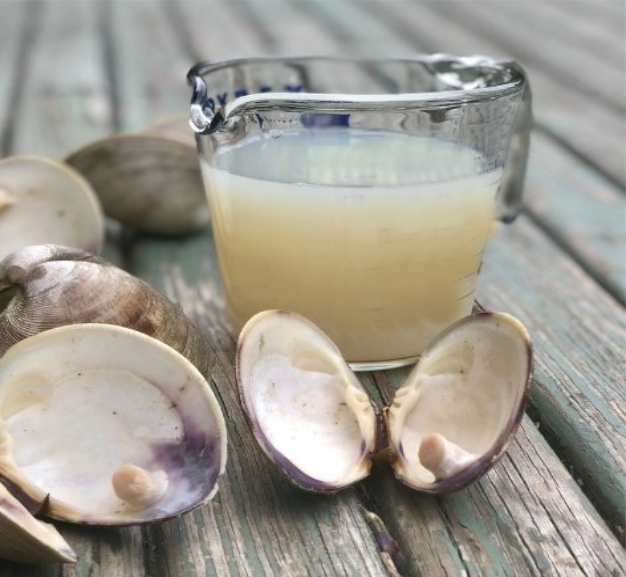
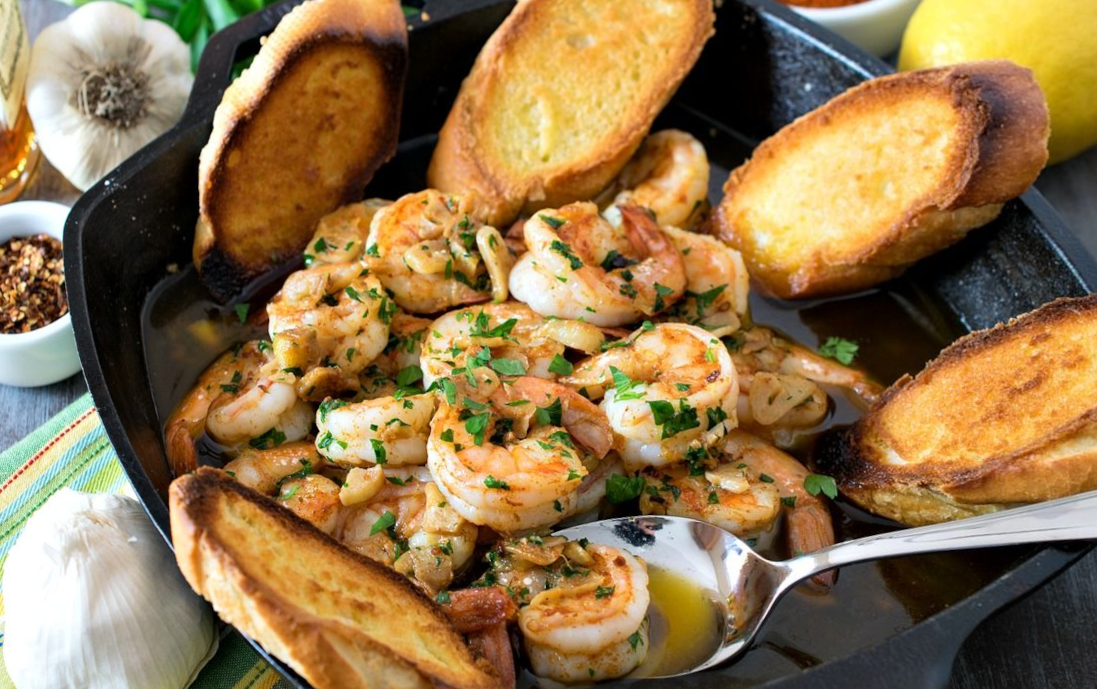

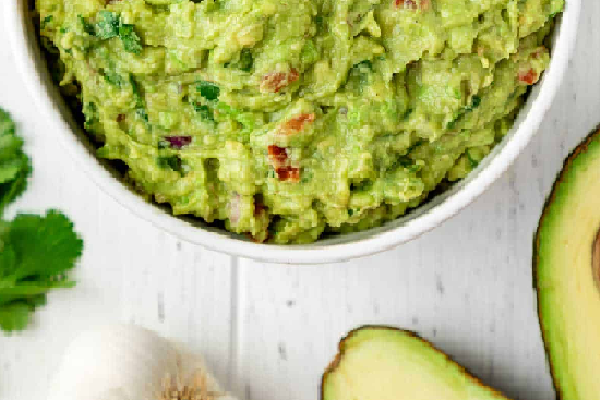
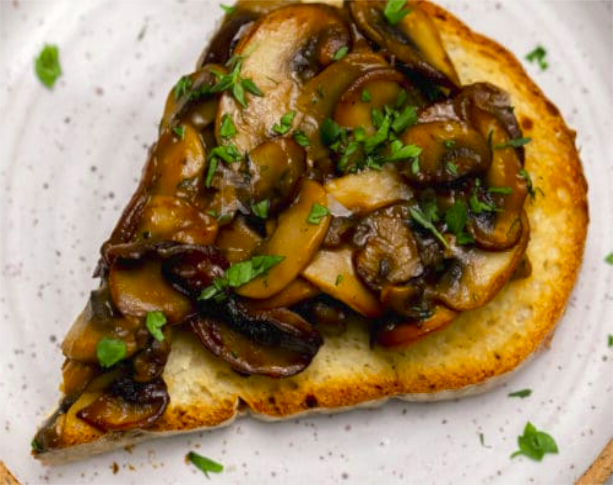
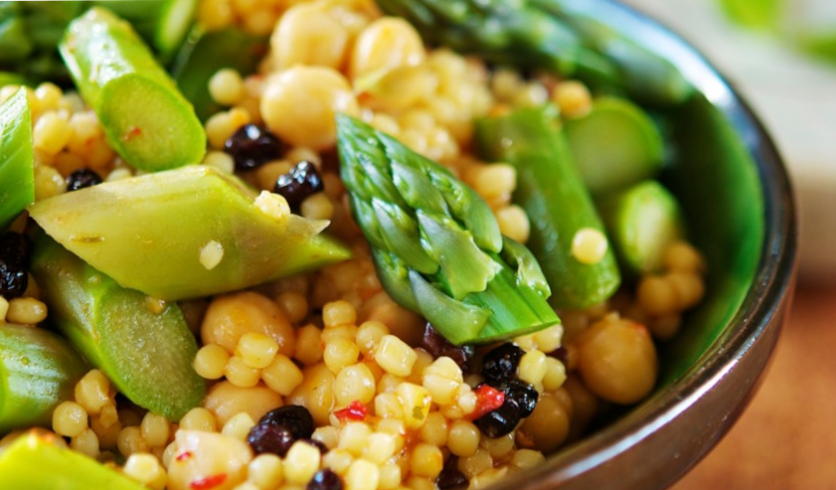
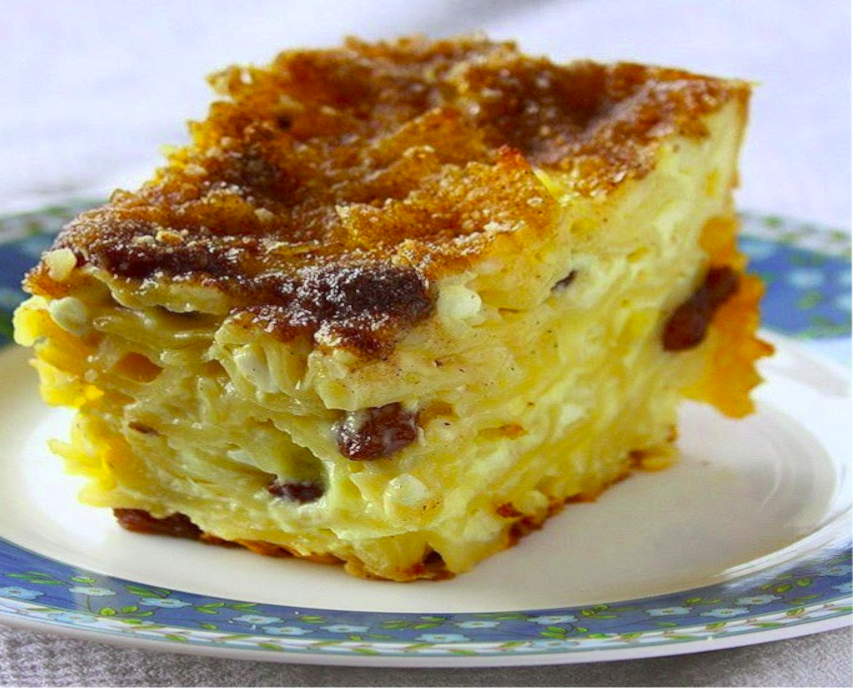
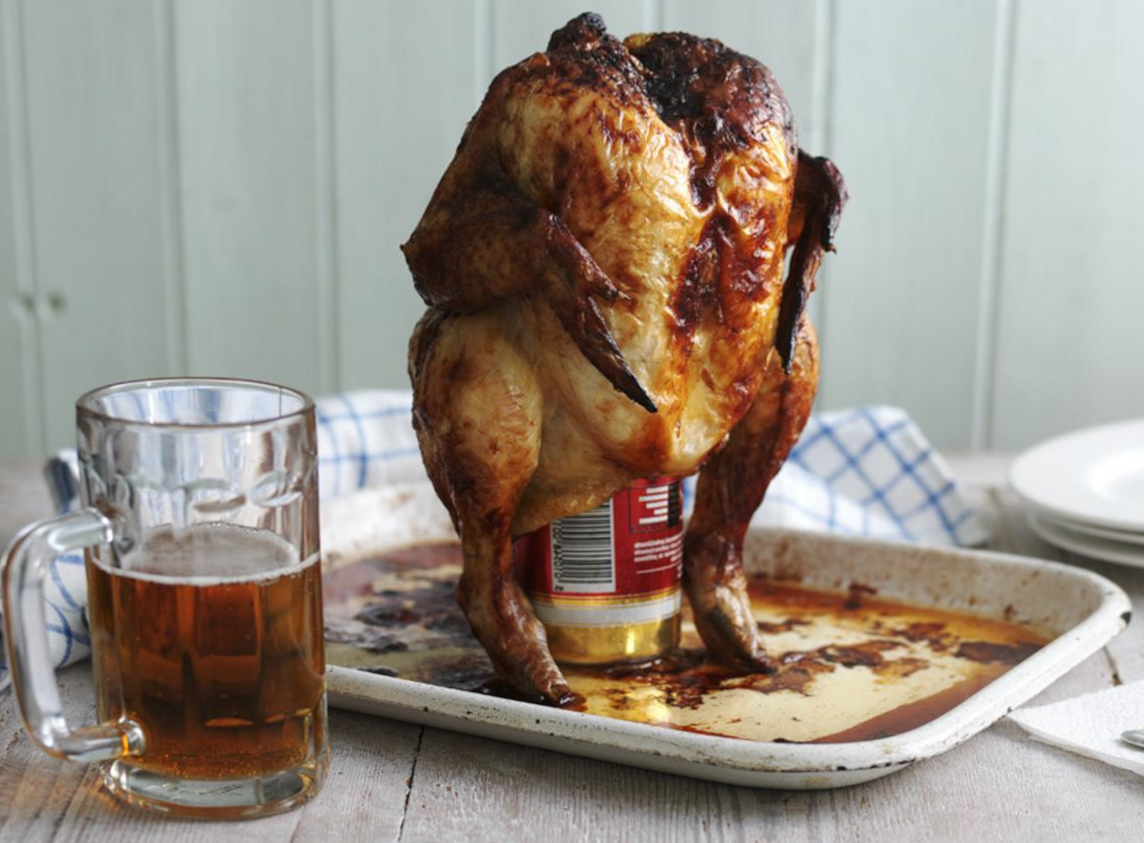
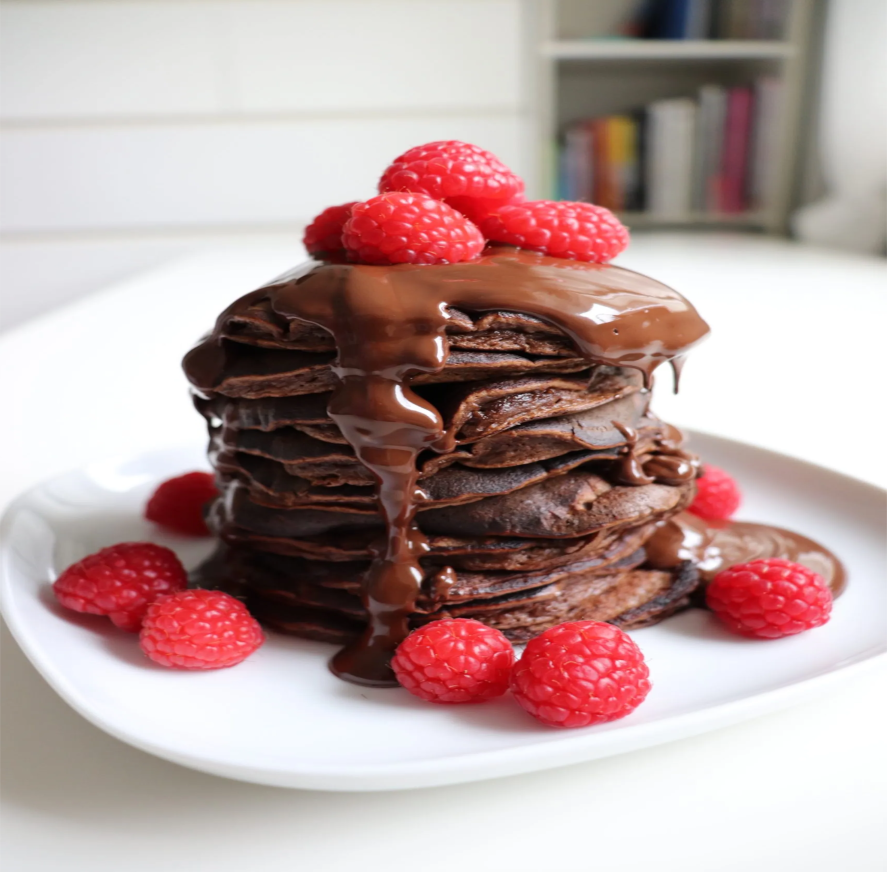
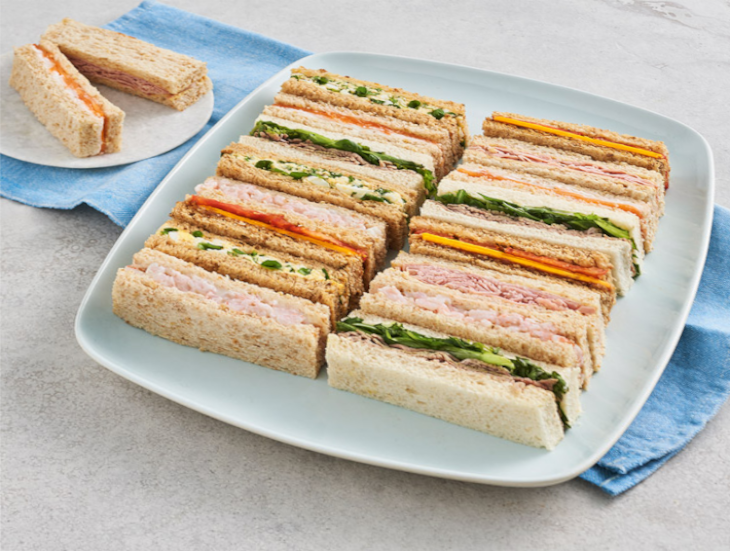



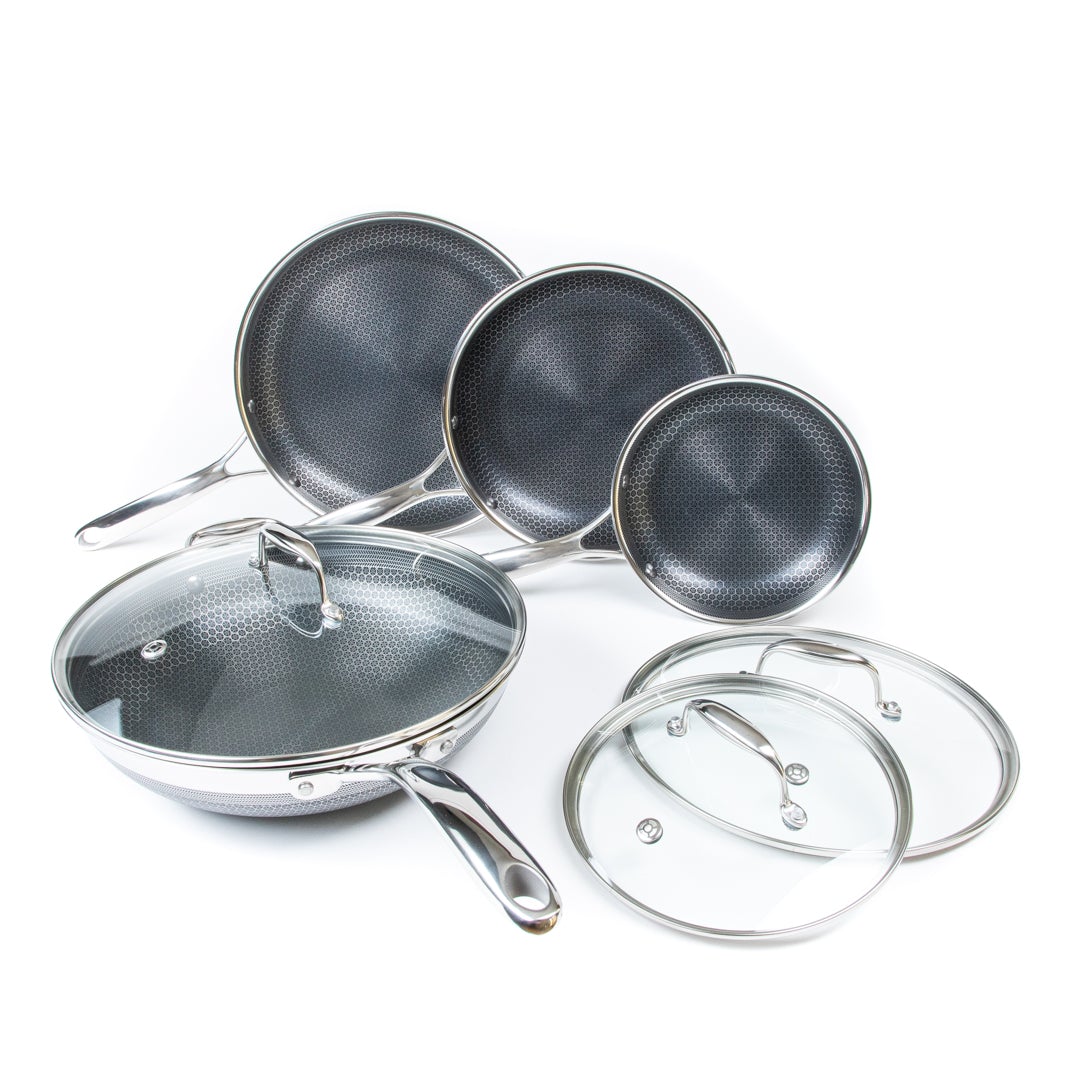
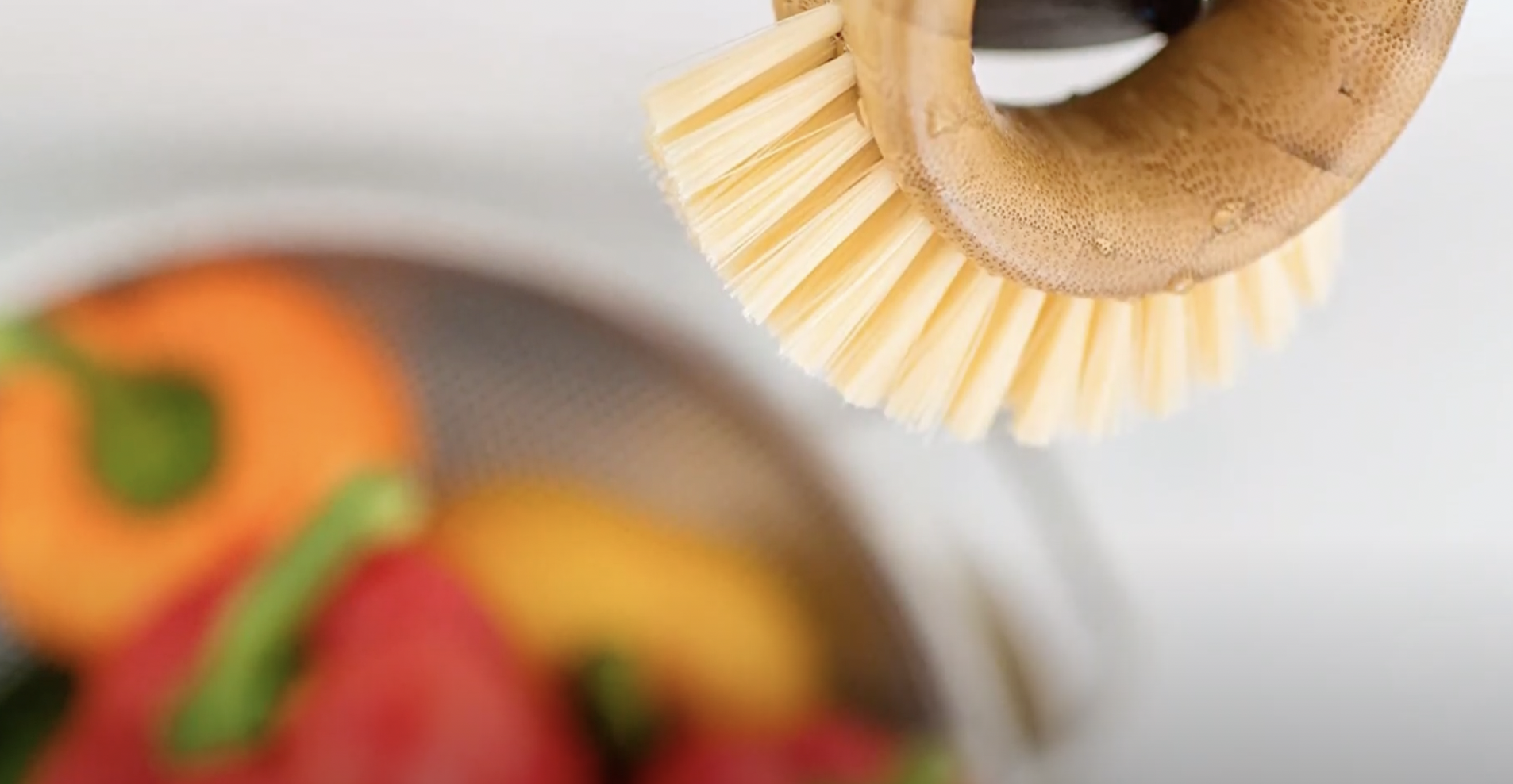
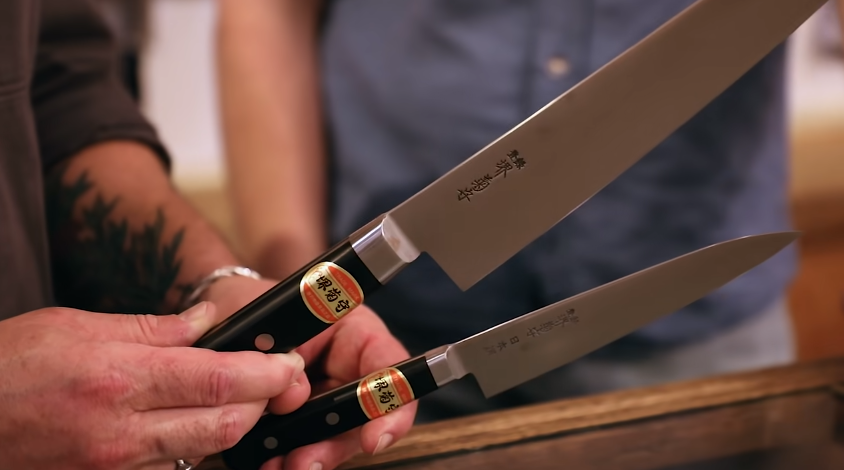
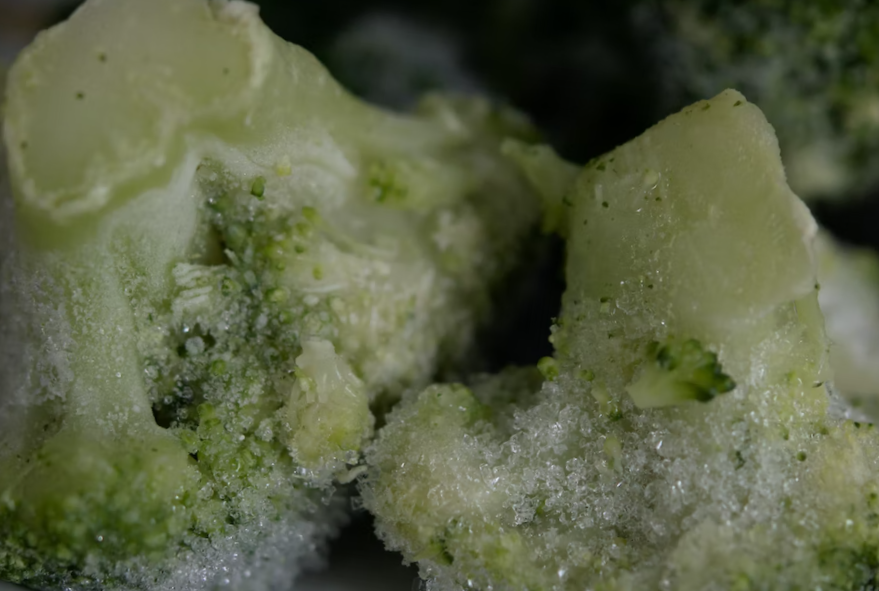
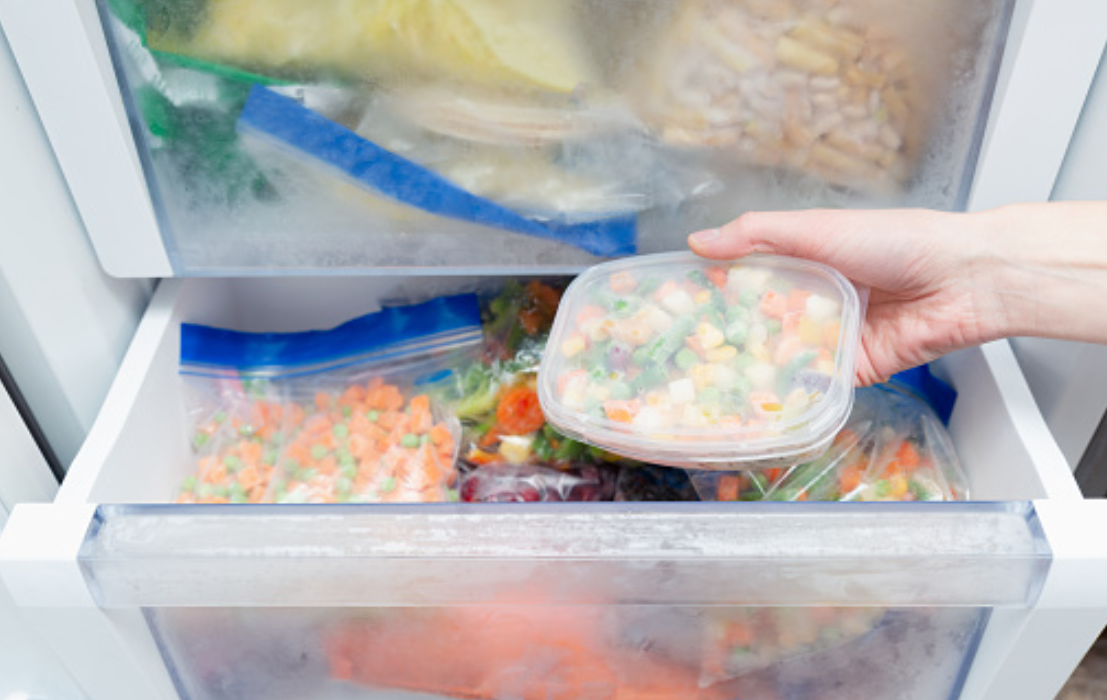
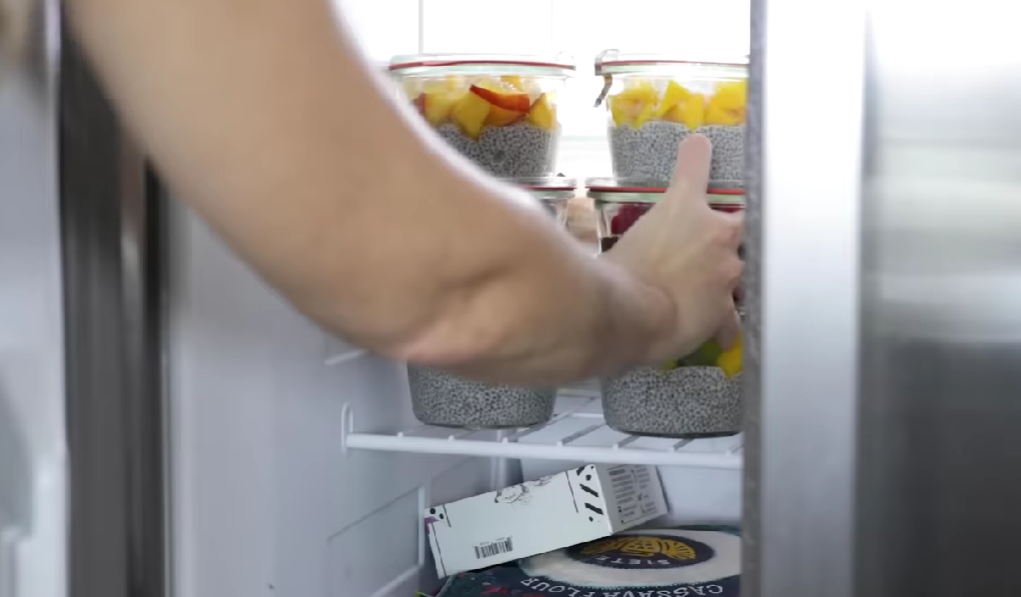
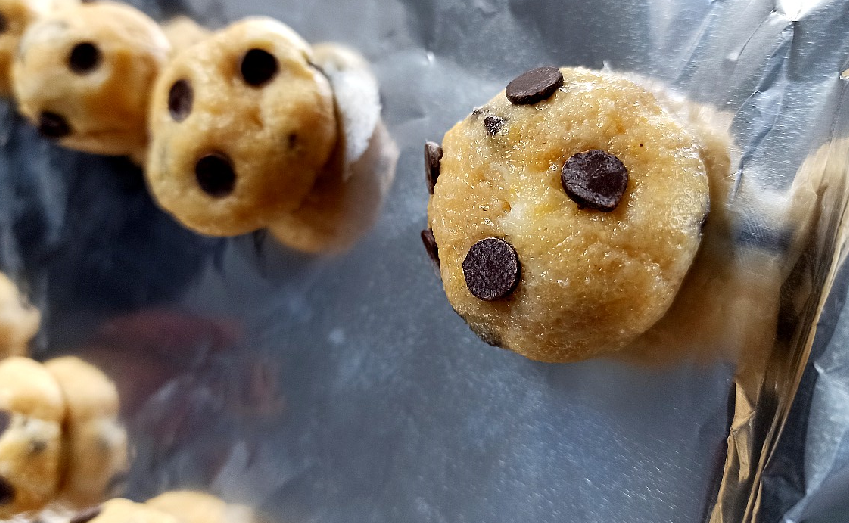
![Can you Cook Eggs in the Microwave? [Complete Guide]](/assets/images/c1f79d1cad59f18f9b5dc31403bd0eb2.png)
